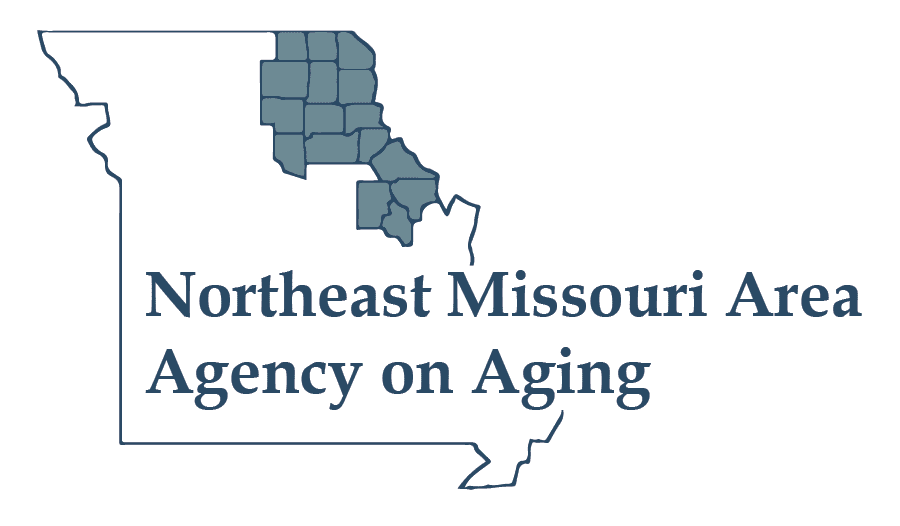Sleep plays a crucial role in maintaining good health as we age. While many people focus on diet and exercise for healthy aging, sleep is just as important. Poor sleep quality can affect the body and mind in ways that accelerate the aging process, while restorative sleep helps preserve strength, memory, and independence. Here is how sleep can impact the aging process and why it deserves attention at every stage of life.
How Sleep Affects the Body as We Age
As people age, changes in sleep patterns often become more noticeable. Many older adults experience lighter sleep, shorter rest periods, or frequent disruptions during the night. These changes can result from shifts in the body’s internal clock, underlying health conditions, or side effects of medications. While occasional disturbances are normal, consistent poor sleep can raise the risk of serious health problems, including heart disease, obesity, diabetes, and a weakened immune system.
Getting quality sleep is essential because it gives the body time to repair tissues, balance hormones, and restore energy. Without this restorative process, the body becomes more vulnerable to illness and slower to recover from everyday stress. For seniors, this lack of recovery can make daily activities and physical movement more challenging over time.
The Role of Sleep in Brain Health
Quality sleep helps older adults stay mentally active and maintain independence in daily life. During sleep, the brain clears waste products and processes memories. Lack of deep sleep has been linked to cognitive decline and a higher risk of dementia. Seniors who struggle with insomnia or frequent waking at night may notice more memory lapses or trouble concentrating.
Sleep and Emotional Well-Being
Poor sleep often leads to irritability, anxiety, and depression, while restful sleep improves emotional balance. Older adults dealing with stress, health concerns, or loneliness may find their sleep disrupted, which can then worsen mental health challenges. Prioritizing healthy sleep habits is one way to create stability and improve overall well-being.
Tips for Improving Sleep in Older Adults
Healthy sleep is not only possible but achievable at any age. Older adults can take steps to improve their sleep quality with simple changes:
- Stick to a regular sleep schedule, even on weekends
- Create a calm and comfortable bedroom environment
- Limit caffeine and alcohol, especially later in the day
- Get daily physical activity to improve nighttime rest
- Avoid long or late naps that interfere with nighttime sleep
- Speak with a healthcare provider if sleep problems persist
Social Engagement and Sleep Quality
Isolation and loneliness are common in older age and can negatively affect sleep. Conversely, seniors who maintain strong social connections often report better sleep quality and improved overall well-being. Community involvement, volunteer work, or even regular family interactions can indirectly improve sleep and support healthier aging.
Technology and Sleep in Older Adults
While technology can sometimes disrupt sleep, when used thoughtfully, these tools can complement traditional sleep hygiene practices and support healthier aging. Sleep trackers, white noise machines, and relaxation apps can help older adults monitor patterns and adopt healthier routines.
Smart mattresses and adjustable beds can provide comfort for those with mobility issues or chronic pain, improving sleep quality. Some devices also track breathing or heart rate, which may help identify potential sleep disorders like sleep apnea. Additionally, telehealth options now allow seniors to share this data with healthcare providers for more personalized care.
By understanding how sleep affects the body and making small adjustments in daily habits, older adults can improve their overall well-being, energy, and quality of life. If you or a loved one needs support with healthy aging, Northeast Missouri Area Agency on Aging is here to help. Our programs and services are designed to promote independence, wellness, and a better quality of life for older adults. Contact us today to learn more.

